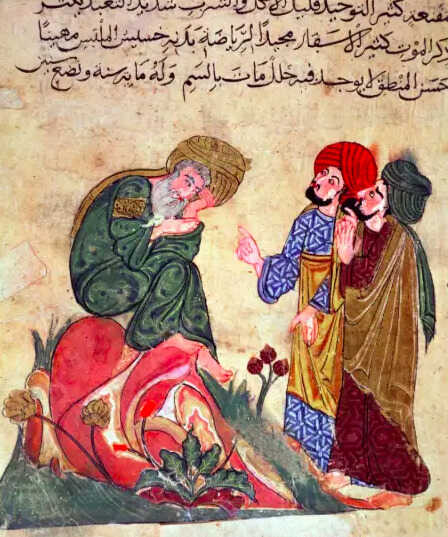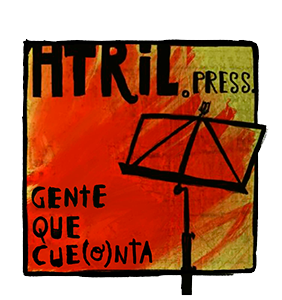
It is not exactly a Socratic dialogue.
But I think that it does comply with the fundamental concept of his methodology: establishing a conversation between two or more people in which the participants are forced to act and think critically.
In this vigorous exchange, the protagonists appear on the field ready to serve us their best ideas in motion.
The proposal must be agile and precise.
Their intentions must reach inaccessible corners of the psyche and terrain.
The best opponents, play to bewilderment and, at the right moment, take out the surprise factor card.
The heated exchange produces emotions in both dialogue speakers.
Doubt, frustration and the most dangerous, triumphalism.
As I heard a fan say once, there is nothing more difficult to win than a game thought won.
In the end, the winner is the one who remained calm in the stressful moments, the one who has not been enticed by premature triumph, the one who has deployed the best technical proposal on the field with the greatest chivalry and elegance. The exchange ends with a respectful handshake.
I think the above answers the question my seven-year-old grandson asked me, when I denied him his sacred right to watch cartoons because I was captivated by a tennis match. Thomas inquired curiously:
- Nana, why do you like tennis so much?
Well, I had to think about it and here is my little tribute to sport, which I believe, like the arts, raises the spirit of human beings. It is not for nothing that the motto of the Olympics is: Citius, Altius, Fortius.
Someday Tomas will understand my earlier dissertation and, as a reward for his generosity in sacrificing his cartoons to watch my favorite sport, I will take him, when he is older, to experience live a big game, Wimbledon perhaps.
I promise.
For now, I answered his question simply by saying:
- Because it’s fun!

Leonor Henríquez (Caracas, Venezuela) Civil Engineer by training (UCAB 1985), writer and apprentice poet by vocation. From her time in engineering emerged her Office Stories (1997), another way of seeing the corporate world. Her latest publications include reflections on grief, Hopecrumbs (2020) (www.hopecrumbs.com) and “The Adventures of Chispita” (2021) (www.chispita.ca) an allegory of life inside Mom’s belly.
Today she shares her “impulsive meditations” from Calgary, Canada, where she lives.
leonorcanada@gmail.com
